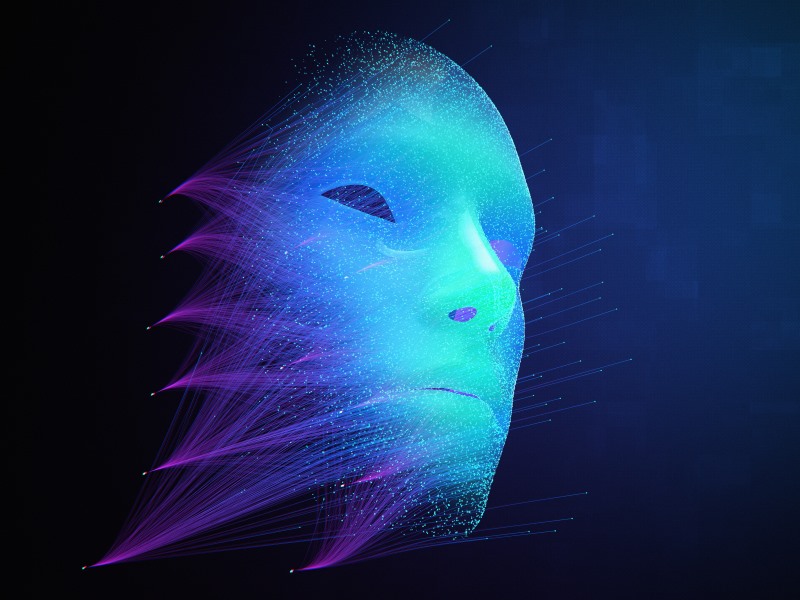New South Wales has become the latest state to move to prohibit the creation and distribution of sexually explicit deepfakes in response to the significant increase in image-based abuse.
The state government will introduce the new legislation on Thursday to expand existing offence provisions to images created without consent using artificial intelligence.
It is already a crime in NSW to record or capture or distribute intimate images of a person without their consent or threaten to do so, with the maximum penalty up to three years jail.

But the Crimes Amendment (Deepfake Sexual Material) Bill will amend the definition to include digitally-generated images, including those that have been altered.
The government will also criminalise the consent-free creation, recording and distribution of sexually explicit audio for the first time, as well as sharing or threatening to share images and audio.
Ahead of the bill’s introduction on Thursday, NSW Attorney-General Michael Daley said the rapid development of technology, such as AI, had introduced new threats to women and young people.
“Existing intimate image offenses pre-date the development of this kind of technology that can be used to inflict real and lasting harm,” Mr Daley said during question time in NSW parliament.
“By introducing legislation to criminalise the creation and distribution of sexually explicit deepfakes, we are rectifying a potential shortcoming in the law that leaves people vulnerable to technology facilitated abuse.”
Mr Daley said the proposed state laws would complement federal penalties introduced through the Criminal Code Amendment (Deepfake Sexual Material) Bill passed last September.
“… These amendments will bring NSW in line with other jurisdictions that have criminalised the non-consensual production and distribution of explicit material involving adults, regardless of how it’s created,” he said.
Both Victoria and South Australia already have laws expressly criminalising the production and distribution of deepfakes, according to a bills digest prepared last year.
South Australia passed its laws in May, introducing jail terms of up to four years or fines of up to $20,000 for those caught creating sexually explicit, non-consensual images.
According to the eSafety Commission, there was a 550 per cent year on year increase in explicit deepfakes between 2019 and 2024, with 99 per cent of the imagery of women and girls.
Do you know more? Contact James Riley via Email.

